Many times, when I speak with leaders, I sense that the higher they climb the leadership ladder the lonelier they might feel.
Isolation. I remember the first time I heard that word related to my life context. A few years after our relocation, someone I met told me that I probably have a deep sense of isolation. Leaving our family, friends and my career behind was a very isolating experience for me. Until that person used the word ‘isolation’, I knew there was a feeling, but I couldn’t put my finger on it. But that person nailed it. They were able to express the word I couldn’t find in order to explain what I had felt for so long. Isolation is one of the deepest experiences you have after relocation, not only do you feel alone and isolated, but you tend to isolate yourself. Not because you plan to do so, it is just a natural way to be when you have the feeling that every time you leave your house you are different than everyone else around you.
The second time I chose to use the word isolation was during my last leadership role. You see, there is that unique paradox in leadership. Leaders lead, and when they lead others, they need to connect with them. They need to communicate their passion and vision so people will choose to follow them. When you enjoy leading processes and people this is an exciting experience, but mostly you cannot escape the challenge and sometimes the challenge becomes a drama. I could sense in some moments how I escalated when I stepped onto the path of a challenge with another person, or a difficult situation. I can even sense how I want to dive into the drama. But with experience, you learn how to manage yourself and see what your options are in the situation. But here is the thing, many times when you are in a challenge, you are there all alone. Sometimes your friends are part of the organization and you choose not to gossip about the situation, and again, the higher up you go the harder it becomes to share your challenges. Some leaders sharing their challenges might look like they share their weaknesses, a path they are not willing to take. So, what’s left? A mentor or a coach can help you go through the experiences and learn what you can do better, or help you make a new choice, make a different decision, or show up differently. These are one or two hours in a timeline of many constant struggles, where the leader feels alone. This is when the sense of isolation showed up again, but this time I knew I needed to support myself, especially as an extrovert persona who needs to talk through her challenges with others.
Here are a few simple ways to overcome isolations that worked for me:
1. Accountability Partner - An accountability partner is someone who helps you to achieve your goals. Like any relationship, you need to find the person who will be committed to the process. My accountability partner and I meet once a week to discuss our weekly goals and beyond. When a challenge or opportunity meets us along the way, this is our safe space to consult with each other, brainstorm ideas, and help each other become our better selves. I heard about different ways to work with an accountability partner; for example, you both meet remotely or face-to-face to work on a specific task. You share what task you will accomplish in the next hour; an hour later, share your accomplishments. Remember, in any relationship; you need to discuss with your accountability partner how this partnership is going to look and how you both need to stay committed and accountable to the process. It is not an easy process to find the right person, but it can help you feel supported and accomplished when you do.
2. Mastermind Group - There are many definitions or ways of setting up a mastermind group. I see it as an opportunity for a group of people to share perspectives, encourage each other, and help each other grow. I wanted to have conversations with diverse leaders and business owners from different business areas and views. The main thing that connects us all is our desire to be challenged by others, a willingness for a new perspective, and a deep want to grow as people. It is impressive to see the changes that each of us went through since we started this group, and this is one of my favorite meetings each month. Something is compelling about knowing that others have the same challenges as you, and their visions, creations, and willingness to share are incredibly inspiring. Everyone finds value in these conversations and, most importantly, a new perspective of how they saw their personal or work situation. The most exciting thing was to see how everyone would leave the room with a boost of energy, no matter how they stepped into the room.
This is when a new idea started percolating. What if I could utilize the structure I have created in different Mastermind groups and we could meet outside? There is nothing better than facing your challenge in nature with other bright minds around. Today, I lead a few Mastermind Groups a year for Social Business Leaders and Executives. They are all confidential, and in each one, it is so exciting to see how much the group members become each other’s cheerleaders, supporters, and some even become good friends.
I believe with all my heart that the more leaders connect with each other rather than isolating themselves, the more impact and influence they will create in our community and beyond.
My question to you is what is how can you keep showing up for yourself to achieve your goals? What can help you stay accountable?



